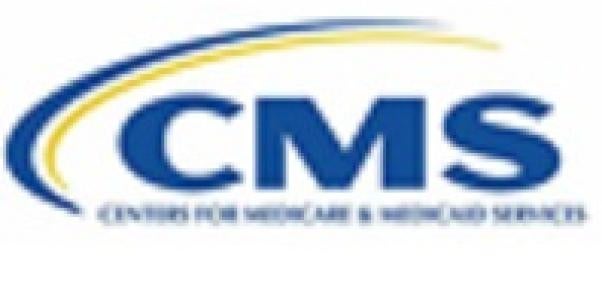On July 26, 2023, two days after the Centers for Medicare and Medicaid Services (CMS) issued its second largest civil monetary penalty for noncompliance with the hospital price transparency rule, CMS hosted a webinar providing additional guidance on its proposed rule to require hospitals to use specific machine-readable file (MRF) templates when publishing their standard charges. CMS’s proposal included several other new disclosure requirements for hospitals, such as disclosures of the “contracting method” of each standard charge negotiated with a third-party payor and the “expected allowed amount” for certain services. If CMS’s proposed rule is finalized, hospitals will be required to expend potentially significant additional resources developing and refining their existing MRFs, and these MRFs will be exposed to an even higher level of enforcement scrutiny.
Public comments on the proposals will be accepted until September 11, 2023.
IN DEPTH
On July 13, 2023, CMS filed its calendar year 2024 Hospital Outpatient Prospective Payment and Ambulatory Surgical Center Payment Systems proposed rule, proposing several new requirements for hospital compliance with the Hospital Price Transparency Rule. For a discussion of the various proposals CMS set forth in the proposed rule, please see this Policy Update.
CMS’s proposed hospital price transparency changes center on the requirement that hospitals publish on their websites an MRF setting forth their various standard charges. CMS explained that its proposed changes for 2024 are intended to address the “current flexibilities and lack of encoding specifications” that “hinder the machine-readability of the data in the files, presenting a barrier to the intended use of the data.” CMS noted that many hospitals “are not taking as much care” to display their standard charge data “in a way that improves machine-readability of the data,” and as a result, “the lack of standardization in the MRF format data encoding limits the ability of users to aggregate MRF data in an automated way.”
CMS further noted that hospitals’ varying approaches to the MRF “slows compliance reviews and often requires [CMS] to engage in one-on-one discussions with hospitals.” As a result, CMS proposed to require greater specificity in formatting and encoding, and to increase the number of required data elements hospitals must provide to “improve the meaningfulness of the hospital’s standard charges.”
Specifically, the proposed rule would require hospitals to do the following:
- Encode in the MRF the hospital’s name, license number, location names and addresses
- Indicate the contracting method the hospital used to establish each payer-specific charge (e.g., base rate)
- Indicate whether each payer-specific charge should be interpreted as a dollar amount or percentage, or if it is based on an algorithm determining the dollar amount
- Encode an “expected allowed amount” reflecting the hospital’s anticipated charge for a service as a dollar value when the charge would be determined by algorithm
- Encode the type of code associated with the standard charge (e.g., HCPCS, CPT, APC, DRG, NDC, revenue center or other type of code).
CMS further proposed to require that hospitals abide by specific technical instructions for presenting the data in their MRFs, including the use of a template, data dictionary and other technical guidance to be issued on an ongoing basis. CMS proposed making available three different template layouts that would provide a set of rules for headers; naming attributions; and allowed values, date formats and specific data values (e.g., “inpatient,” “outpatient” and “both”). A hospital’s failure to comply with the template layout, data specifications and data dictionary would be considered noncompliance with the regulation and could result in enforcement action.
CMS proposed a 60-day enforcement grace period for adoption and conformation to the new template layout and encoding requirements, which would require hospital compliance by March 1, 2024.
Analysis
If finalized, the proposed rule would subject hospitals to potentially costly efforts to comply with the rule and potential targeting in enforcement actions for failure to do so.
Increased Enforcement. One of the goals of the proposed rule’s standardization requirements is to facilitate more efficient compliance monitoring, likely leading to a higher number of enforcement actions. For example, the agency is considering rolling out an “MRF validator tool” that would largely automate compliance evaluations. To date, CMS has published notice of seven enforcement actions taken between April and July 2023, with fines ranging from just over $100,000 to almost $900,000.
Increased Costs and Expenses. We reported in a 2019 On the Subject that hospital clients anticipated significant costs in coming into and maintaining compliance with the first iteration of the federal hospital price transparency rule. For hospitals that have spent the last several years investing in ensuring compliance with the MRF price publication requirements of the federal hospital price transparency rule, these additional requirements would not appear to streamline compliance with the rule’s requirements, but rather to undo work that has been completed.
The proposed rule will be open to public comment until September 11, 2023.





 i
i


